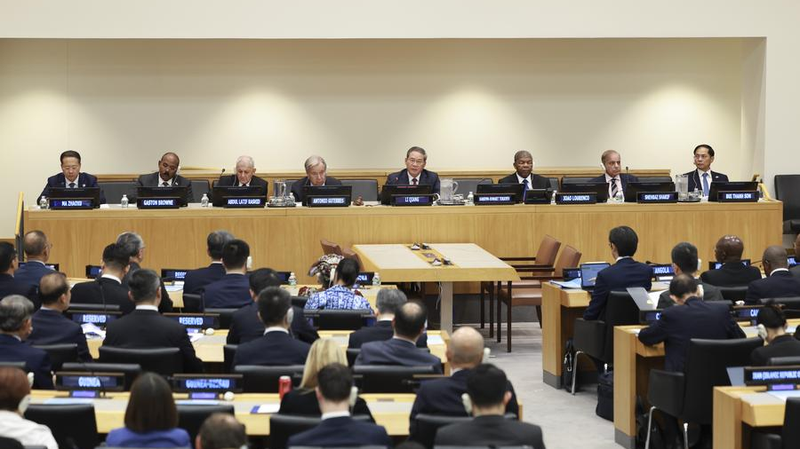At the 80th United Nations General Assembly, Chinese premier Li Qiang surprised many by announcing that China “will not seek new special and differential treatment in current and future World Trade Organization (WTO) negotiations.” For a country that has benefited from these provisions since joining the WTO in 2001, this move signals a new chapter in global trade.
Special and differential treatment (SDT) is built on the idea that developed and developing economies face different challenges. Developed members often grant preferential market access, technical aid and capacity-building. In return, developing members receive lower tariffs, flexible rules and extra time to implement agreements—measures designed to level the playing field.
Over the past two decades, China has used SDT to grow into the world’s second-largest economy and the top trader in goods. Yet on a per capita basis, the picture remains mixed: in 2022 China’s per capita gross national income stood at $12,720, below the World Bank threshold of $13,935 for developed economies and just one-sixth of the U.S. figure of $76,330.
By voluntarily stepping back from new SDT claims, China is committing to higher negotiation standards and a more proactive stance on WTO reform. This doesn’t change China’s status as a developing member or its existing rights. As Han Yong, director general of the Department of WTO Affairs at the Ministry of Commerce, put it: China’s developing status, its resolve to protect developing members’ rights, and its push for trade and investment liberalization will all remain firm.
For young entrepreneurs, tech innovators and global citizens, China’s decision is more than a headline—it could reshape supply chains, open markets, and influence the next wave of trade policy. As the WTO explores reform, this landmark policy shift may set the tone for future negotiations, urging all members to rethink how to balance equity with ambition in a rapidly changing economic order.
Reference(s):
How vital is China's decision not to seek new special treatment at WTO
cgtn.com




